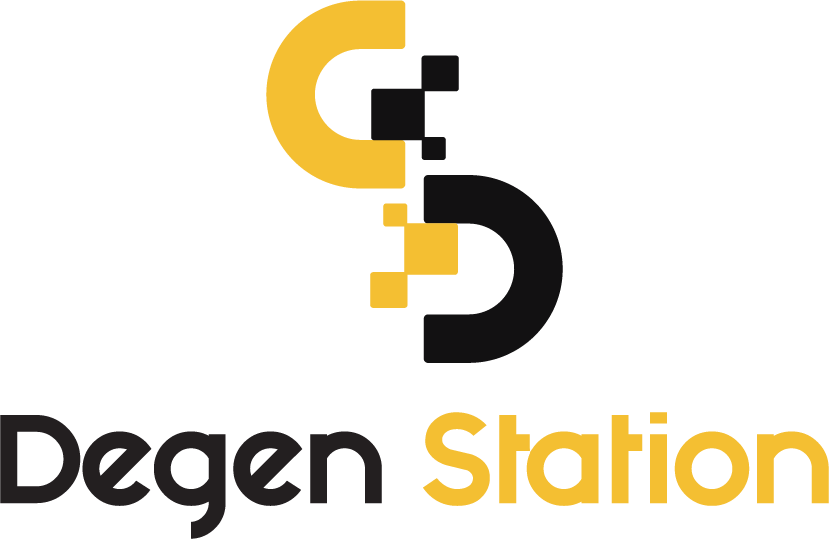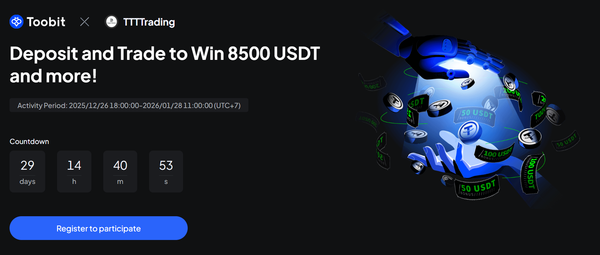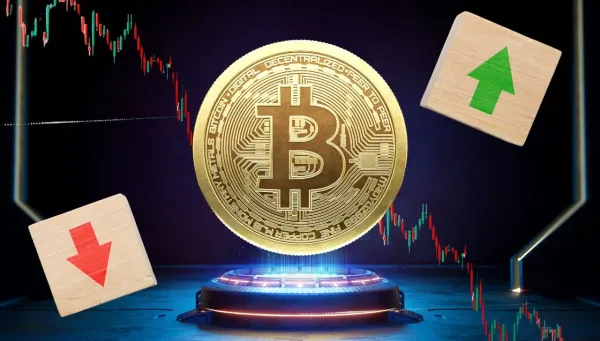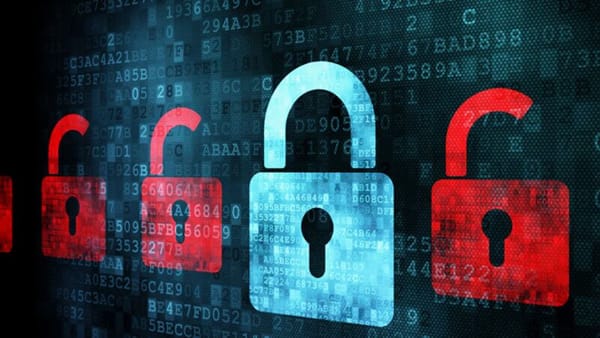Bitcoin Core Development Team Considers Censorship of BRC-20 Token Transactions
Amid rising network congestion caused by the new BRC-20 token standard, the Bitcoin Core development team is contemplating the removal of non-standard Taproot transactions from the Bitcoin network.

A serious debate is unfolding among Bitcoin Core developers on whether to exclude non-standard Taproot transactions from all nodes. Although five developers are engaged in the discussion, no consensus has yet been reached on implementing such censorship.
As Coin68 reports, the crypto community has been buzzing recently about the BRC-20 token craze. The heightened curiosity has driven Bitcoin transaction fees to unprecedented highs, causing network congestion and leading Binance to temporarily halt withdrawals multiple times. According to Dune Analytics, 65% of Bitcoin transactions are now attributed to BRC-20.
Faced with Ordinals and BRC20 causing Bitcoin network congestion, Core developer Ali Sherief suggested introducing a runtime option to immediately delete all non-standard Taproot transactions. There are currently 5 developers participating in the discussion, but most do not agree…
— Wu Blockchain (@WuBlockchain) May 9, 2023
However, this situation is far from ideal for the Bitcoin network and many users who previously engaged in simple transactions are now facing exorbitant gas fees. Recent data reveals that blocks have been saturated with BRC-20 transactions, with gas fees soaring up to $20 per transaction—an 800% increase from the previous $1-$2 range.
In response to network congestion and unfair trading conditions, the Bitcoin Core team—a group of developers responsible for maintaining and overseeing the Bitcoin codebase—has initiated a discussion to address the issue. According to on-chain conversation, developer Ali Sherief suggested:
“One solution to enforce this ‘censorship’ is at the node level. We could introduce an automated tool to immediately remove non-standard Taproot transactions. This would be easier to implement, but it would have to wait until the next update.”
Sherief added:
“I understand that some decentralized advocates will criticize this approach. However, our goal is to find a solution that works for the majority. We also have a responsibility to ensure that such congestion issues do not recur at Taproot.”
Bitcoin Taproot is a soft fork update consisting of three main components: BIP-340, BIP-341, and BIP-342. It aims to enhance security, efficiency, scalability, privacy, and improve complex transaction features. BIP-342 paved the way for Bitcoin Ordinals, a protocol allowing text/image data to be encoded into the Bitcoin blockchain, leading to the creation of BRC-20.
In contrast, developer Luke Dashjr argued that the “spam transaction filtering” feature has been built into Bitcoin Core since its inception. He suggested that the development team has failed to implement it for Taproot and thus views the issue as a “bug fix” that could be addressed immediately without needing a full update. He believes this should have been resolved months ago, before BRC-20 became a concern.
On the other hand, rising gas fees have benefitted Bitcoin miners. For example, a miner reportedly earned 6,701 BTC (approximately $200,000) on the night of May 7, surpassing the default block subsidy of 6.35 BTC.
The proposed censorship by Bitcoin Core is facing significant controversy, with many opposed to it due to the potential threat to Bitcoin's decentralized value proposition.
Furthermore, the Bitcoin Core development team has seen a notable decrease in personnel, with five developers departing over the past year and a half.





